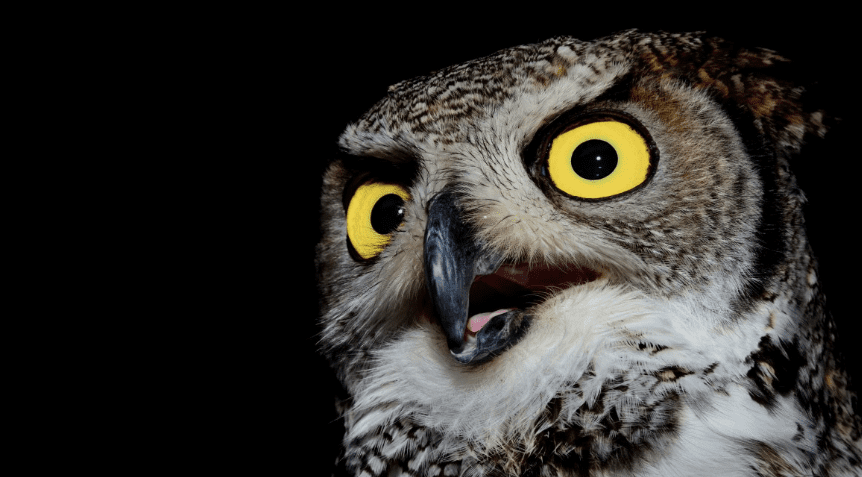Can we really blame them?
I think not.
While the above may look like a headline from The Onion, I can assure you it’s true: animals really are becoming nocturnal to avoid interacting with humans.
And a study published in Science Magazine suggests that animals are indeed adjusting their sleeping habits because of the stress involved with human encroachment on their habitats.
As highways and neighborhoods sprawl across the landscape all over the world, it makes sense that animals would seek a retreat from us pesky folks. It’s also been documented that animals have already adjusted to the stresses of human interaction by moving to more remote areas and by spending less time looking for food.
The leader of the study, Kaitlyn M. Gaynor, says that even humans hiking and camping might be having a negative effect on animals: “It suggests that animals might be playing it safe around people. We may think that we leave no trace when we’re just hiking in the woods, but our mere presence can have lasting consequences.”
The researchers looked at 76 different studies that documented 62 species on six different continents around the globe. Across the board, the findings were fairly consistent with regard to animals and human activities such as farming and hunting.
The study shows an incredible ability for animals to adapt, but scientists warn that “such responses can result in marked shifts away from natural patterns of activity, with consequences for fitness, population persistence, community interactions, and evolution.”
https://twitter.com/MinnWildlife/status/1139550327034785792
Gaynor added that this shift to a nocturnal isn’t necessarily a bad thing for animals. She said, “Humans can do their thing during the day; wildlife can do their thing at night.” Scientists have admitted that while this shift may work for animals, humans do not yet understand how such changes might affect the ecosystem.






